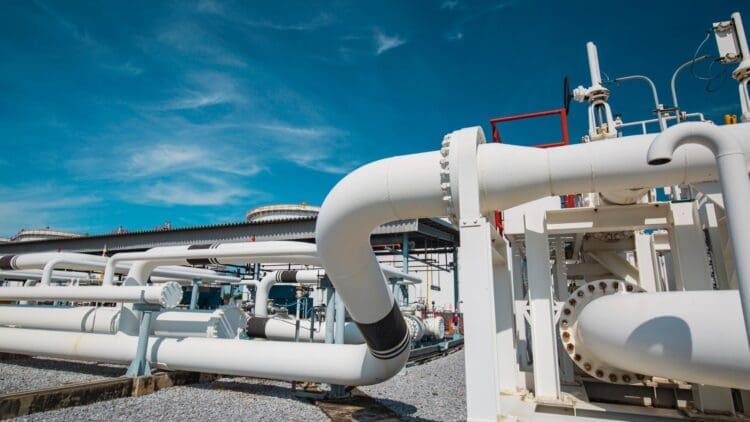Several electrolyzer companies have requested a substantial commissioning delay from the government of India, according to industry insiders. The request comes after progress in the green hydrogen sector has not been as fast as anticipated. India is doing all it can to transition away from fossil fuels by investing heavily in the hydrogen market. The reasoning behind this is that India needs to curb the emissions produced in the country. Lack of investment, inflation, and slow progress in adopting hydrogen power have led to the majority of electrolyzers requesting the commissioning extension.
Eight companies have been selected by India as part of the production-linked incentive scheme
India plans to generate five million tonnes of green hydrogen by 2030. In order to reach that goal, the government has awarded several electrolyzer companies the rights to produce the technology under the production-linked incentive scheme.
However, the majority of those eight companies have requested a commissioning delay as the market presents significant challenges in the adoption of hydrogen. Chief among those issues is a lack of demand. Electrolyzers are an integral part of the green hydrogen and ammonia production process. Essentially, electrolyzers separate the oxygen and hydrogen in water to produce green hydrogen.
The companies involved in the production-linked incentive scheme have requested the 2026 commissioning deadline to be delayed to 2027, citing slow progress in the market of tenders for electrolyser-based projects. The eight firms that form part of the first tranche under the incentive scheme are:
- John Cockerill Greenko Hydrogen
- L&T Electrolysers
- Reliance Electrolyser Manufacturing
- Adani New Industries
- Jindal India
- Advait Infratech
- HomiHydrogen
- US-based Ohmium International
Vivek Bhide, regional president (India) at John Cockerill, which has teamed up with AM Green (formerly Greenko) to set up a 2 GW electrolyser facility in Kakinada, Andhra Pradesh, made a statement that lays out the issues faced by the companies.
“We have planned to be ready by the PLI-mandated timelines. However, based on recent tenders for electrolyser-based green ammonia projects, the demand for electrolysers would be in 2027. Therefore, to avoid idle assets, we are working to align readiness with the demand of electrolysers,” – Vivek Bhide, regional president (India) at John Cockerill
India’s government has stated that it expects the projects to remain on schedule for 2026
The request from the group of companies points to a larger, more concerning issue for the sector. Demand for the electrolyzers simply is not present in the current economic climate. Compounded by inflation and the substantial tariffs imposed on India by the United States, we can expect more delays in the hydrogen sector.
The International Energy Agency has noted a sharp rise in electrolyzer usage coming out of China as the country aims to curb emissions and transition away from fossil fuels, much like India’s ambitions.
The Indian government has noted that it expects targets to be met and that the request from the companies involved will not affect long-term plans. Vivek Bhide emphasized the need for an extension.
“So far, in 2025, tenders equivalent to approximately 1,000 MW have been awarded to green hydrogen and green ammonia developers,” he said. “The time to deliver green molecules would be 30-32 months. Based on this, the electrolyser demand is shifting to 2027 and beyond.” – Vivek Bhide, regional president (India) at John Cockerill
The current state of the global economy has left the electrolyzer sector in limbo
Electrolyzers are essential to the hydrogen industry’s ambitions. The commissioning delay will surely slow the progress in the sector; however, the stance that the Indian government has taken leaves very little wiggle room for the myriad of companies involved. The news coming out of Europe states that a massive electrolyzer project has been scrapped due to a lack of funding, so one would expect the electrolyzer sector to become stagnant if the current trend continues. Regardless, India will need to consider all the factors to decide whether to grant the extension.





